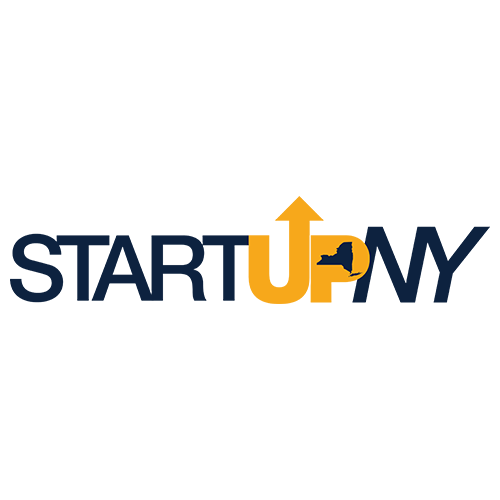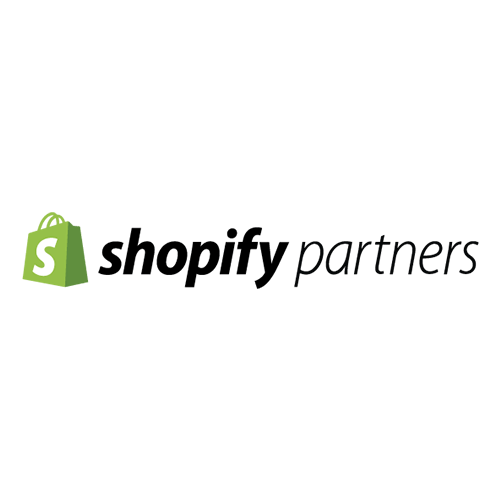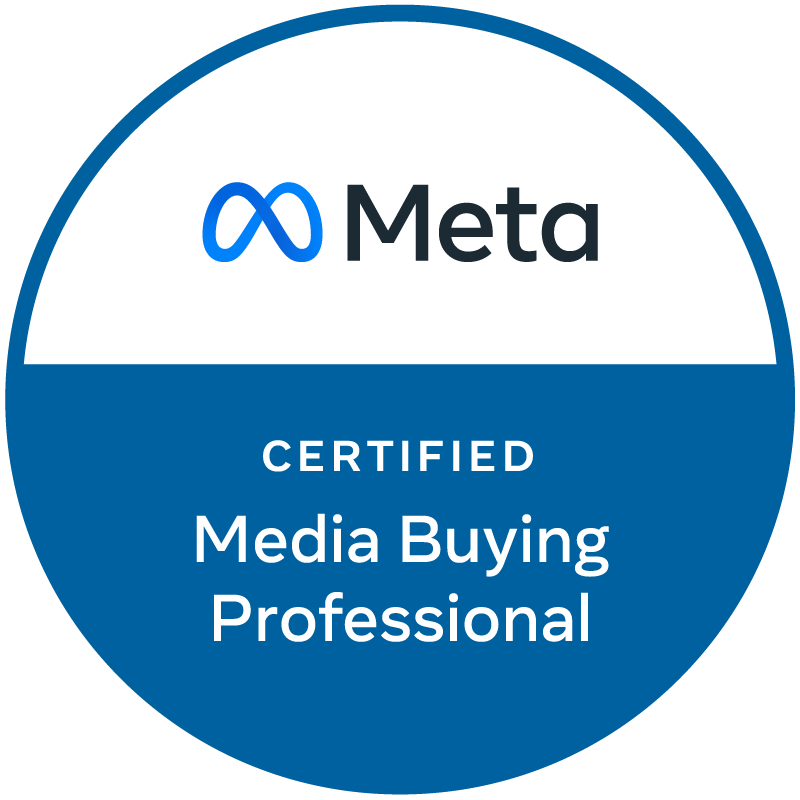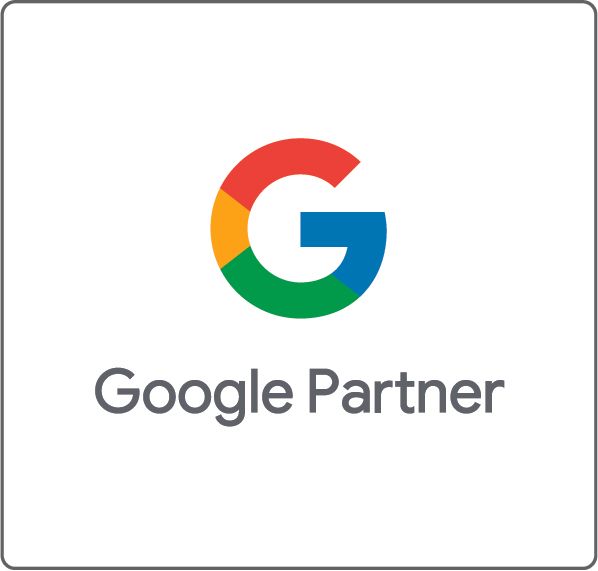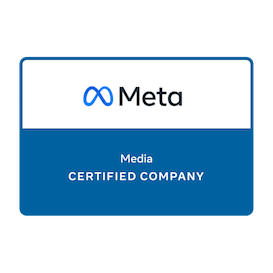Crackdown on Companies: EU Takes on the Fight Against “Gatekeepers”
Data rights have been an ongoing contested topic throughout the world. Few nations have stood against large companies on this issue. In 2022, the European Union decided that enough was enough when they signed into law one of the strictest data protections ever.
Two laws were made official by the government: the Digital Markets Act (Regulation (EU) 2022/1925) and the Digital Services Act (Regulation (EU) 2022/2065). The purpose of the Digital Markets Act (DMA) is “ensuring fair and open digital markets”. As of May 2023, DMA has become applicable. DMA is a targeted, specific law looking to regulate the actions of so-called digital “gatekeepers”. The term refers to the largest digital platforms operating in the EU, such as Meta, Alphabet, Amazon, Apple, Microsoft, etc. To be considered a “gatekeeper”, a company must meet the following criteria:
- 1) have a strong economic position, significant impact on the internal market and is active in multiple EU countries
- 2) strong intermediation position that links a large user base to a large number of businesses
- 3) has or is about to have an entrenched and durable position in the market, meaning that it is stable over time if the company met the 2 previous criteria above in each of the last 3 financial years

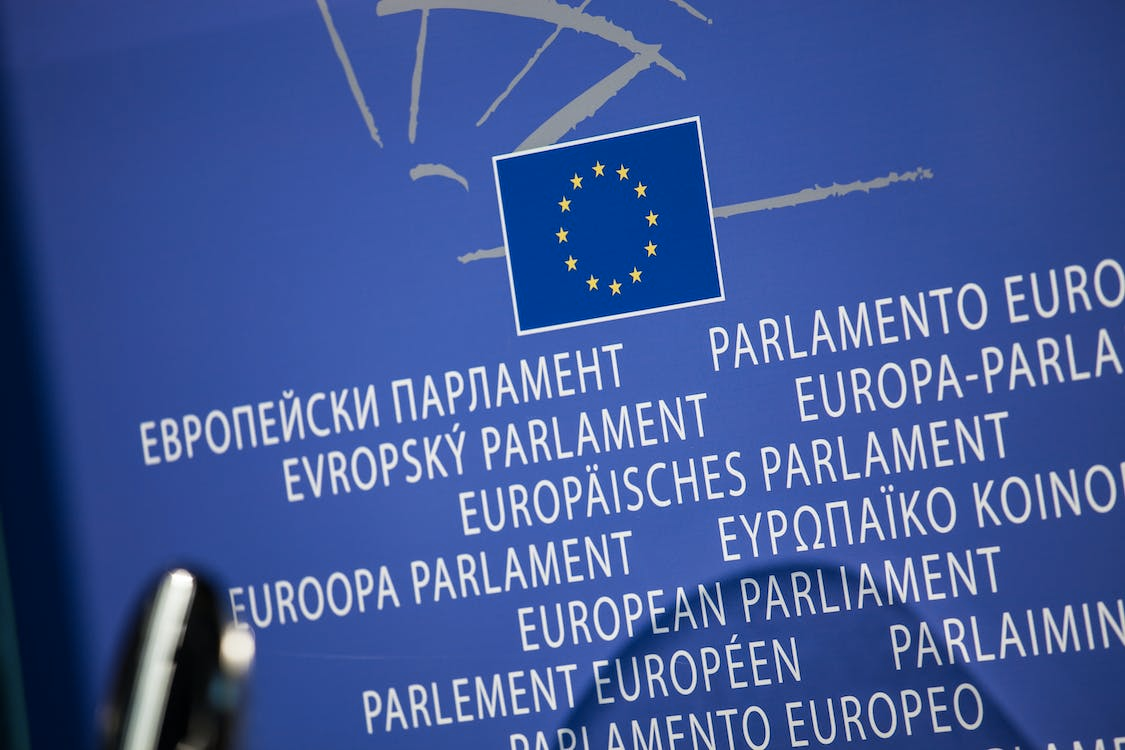
DMA establishes a guideline of dos and don’ts for “gatekeepers” to abide by. The dos include:
- Allowing 3rd parties to interoperate with the gatekeepers’ own services in certain specific situations
- Allowing their business users to access the data that they generate in their use of the gatekeepers’ platform
- Providing companies advertising on their platform with tools and information necessary for advertisers and publishers to carry out their own independent verification of their advertisements
- Allowing business users to promote their offer and conclude contracts with their customers outside of the gatekeepers’ platform
The don’ts include:
- Treating services and products offered by the “gatekeeper” itself more favorably in ranking than similar services or products offered by 3rd parties on the gatekeeper’s platform
- Preventing consumers from linking up with businesses outside their platforms
- Preventing users from uninstalling pre-installed software or apps
- Tracking end users outside of the gatekeepers’ core platform service for the purpose of targeted advertising without effective consent having been granted
- Combining data collected from 2 different services of the same company
- I.e. Facebook and WhatsApp
The Digital Services Act (DSA) covers a different area of protection than the DMA. The DSA aims to ensure a “safe and accountable online environment”. Some of the key points of this law are to protect consumers, provide powerful transparency and accountability, and foster innovation, growth, and competitiveness in a single market. The ways in which the EU intends to do this are:
- Requiring notice and obligation be given to provide information to users
- Making Gatekeepers trusted flaggers
- Detecting, identifying, and notifying illegal content
- Making Gatekeepers have special obligations for marketplaces
- e.g. vetting credentials of 3rd party suppliers
- Bans on targeted ads for children and based on certain characteristics such as ethnicity, political views, and sexual orientation
- Ban on “dark patterns”
- Misleading tricks that manipulate users
- Giving the user the choice to not have recommendations based on profiling
A question on everyone’s mind is “How will this affect me?” and it depends. We believe one of the biggest effects will be the inability to combine data collected from different services of the same company. Meta is a major example because they can no longer share data between their platforms. This is a huge change and will be an ongoing challenge for cohesive marketing. The other major effect will be the right of a user to refuse to have targeted ads based on profiling. This will impact how marketers reach their target audience.
Industry giant, Meta, has already landed itself in hot water with EU Regulators. In January 2023, Meta was fined
more than $400 million for forcing users to accept targeted ads. The Irish Data Protection Commission said that Meta will be fined over violations of the European Union’s General Data Protection Regulation (GDPR) for failure to comply with requirements on consent for targeted ads. Unfortunately for Meta, this is not the only fine they now face. Just in these last few weeks, Meta was hit by EU Regulators with a record-breaking fine of
$1.3 billion dollars in response to violations of EU privacy laws for transferring personal data of Facebook users to servers in the United States. As the fines start to add up for Meta, will other companies be deterred from making the same choices? Only time will tell.

At Sparkshoppe, we’ll inform you of the latest news in digital marketing. Stay updated on our blog!

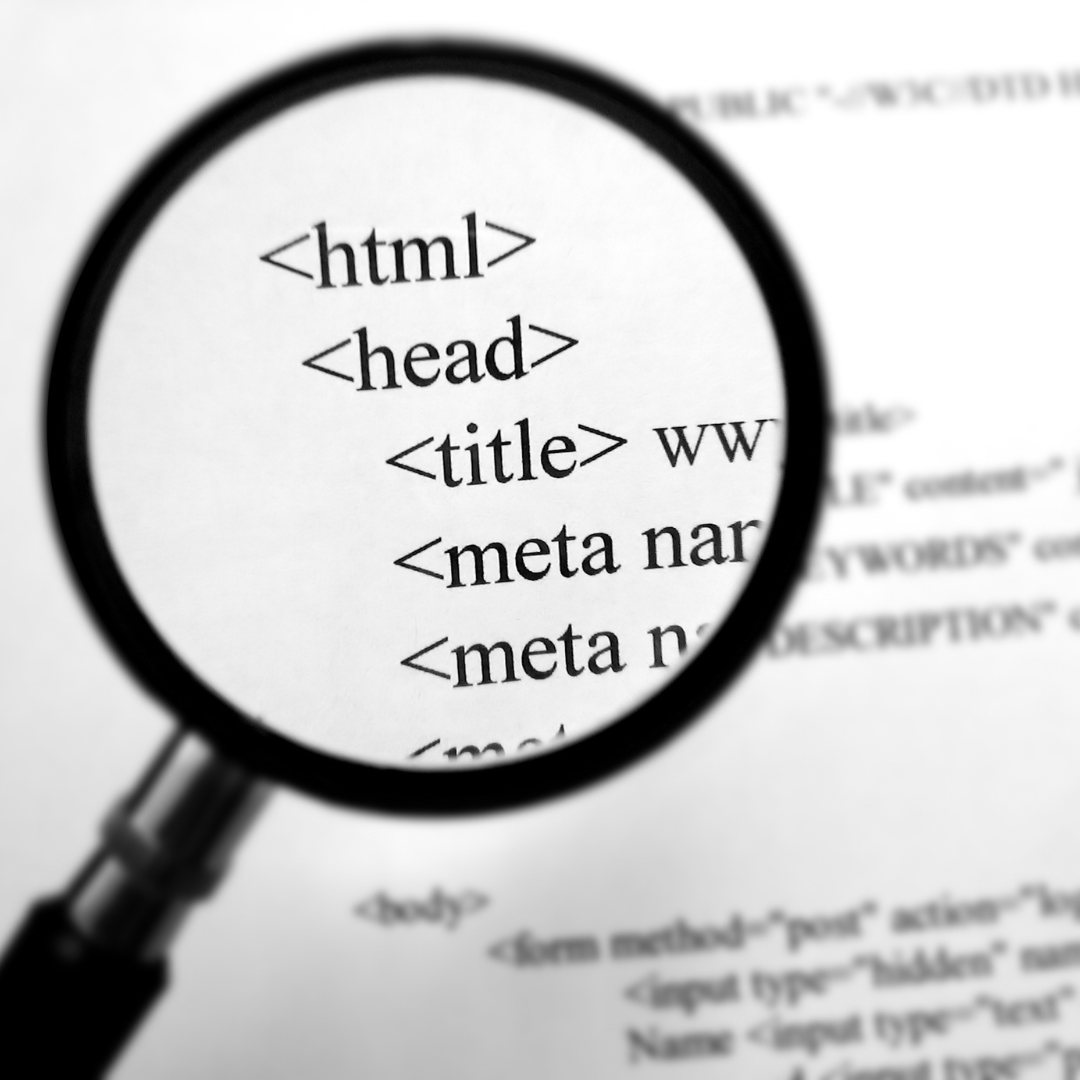
Address
4 Corporate Drive,
Clifton Park, NY 12065
Shopper and Marketing Insights to Your Inbox!
Sign up with your email address to receive updates and insights from the SparkShoppe team!
Newsletter footer
We will get back to you as soon as possible.
Please try again later.
We support your right to privacy and therefore will not disclose your personal data to other organizations, third party vendors, suppliers or marketers.
© 2024 All Rights Reserved | Privacy Policy | Accessibility Statement





